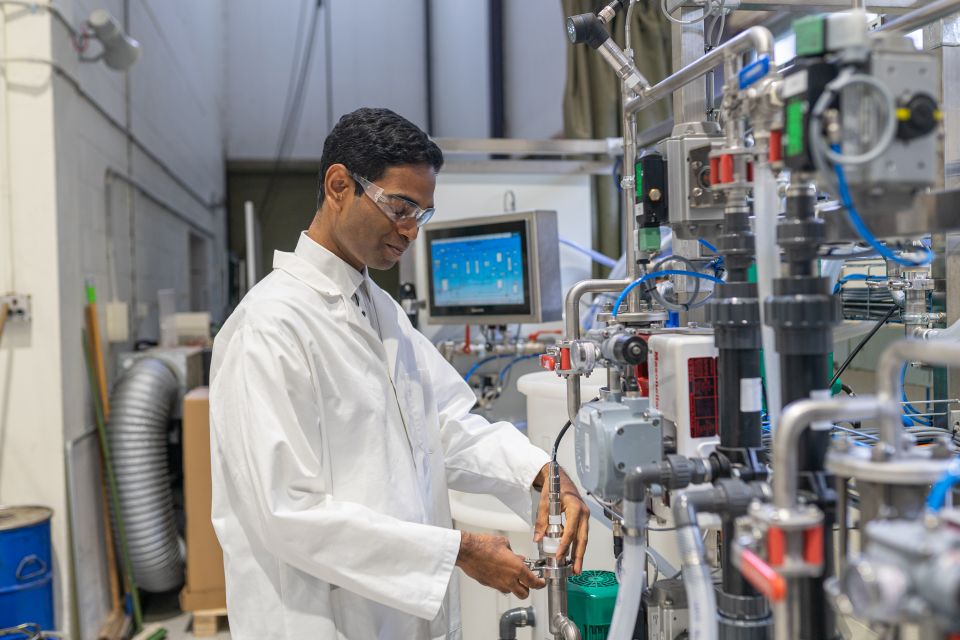
Biomedical Engineering: Innovating for Healthier Lives
Explore Biomedical Engineering, where engineering principles meet medical sciences to develop groundbreaking healthcare solutions.
Find out about the specialty of Biomedical Engineering!
Are you interested in Engineering and Biomedical Engineering jobs? Then specializing in a career in Biomedical Engineering might interest you.
What it takes to work in
Bachelor's degree in Biomedical Engineering or a related field
Master's or PhD for specialized roles in research, development, and academia
Language requirements for the Biomedical Engineering domain
English: Essential for international research, collaboration, and technical documentation
Other languages beneficial for working in global healthcare settings or with international teams
Skills required to work in Biomedical Engineering
- Expertise in biology and engineering principles
- Skills in computer modeling, simulation, and data analysis
- Knowledge of medical device design and regulatory standards
- Innovative thinking in solving complex biological problems
- Strong communication skills for interdisciplinary collaboration
Career Path
High demand in medical device companies, pharmaceuticals, healthcare systems, and research institutions
Growing opportunities in emerging fields like wearable health tech, personalized medicine, and regenerative engineering
Work Environment
State-of-the-art labs, hospitals, and industry settings
Collaborative teams including engineers, scientists, healthcare professionals, and researchers
Dynamic projects that directly impact patient care and health outcomes
Top Universities & Colleges specializing in Biomedical Engineering
- Johns Hopkins University, USA
- Massachusetts Institute of Technology (MIT), USA
- Imperial College London, UK
- Stanford University, USA
- University of Toronto, Canada
Salary Expectations
Starting salaries range from $60,000 to $80,000, with potential for significant growth in specialized areas and with advanced degrees.
Biomedical Engineering Industry Associations
Biomedical Engineering is at the forefront of medical innovation, transforming healthcare through technology.
From designing life-saving implants to unraveling the complexities of the human genome, this field offers a unique blend of challenges and rewards, making a real difference in people's lives.
- Biomedical Engineering Society (BMES) - https://www.bmes.org
- IEEE Engineering in Medicine and Biology Society (EMBS) - https://www.embs.org
Considering a career in Biomedical Engineering? Here's a run down!
If you're driven by the idea of inventing the next breakthrough in healthcare or engineering solutions that improve patient care, Biomedical Engineering is your calling.
This is a field where your work not only advances technology but also touches lives, offering a fulfilling and impactful career path.